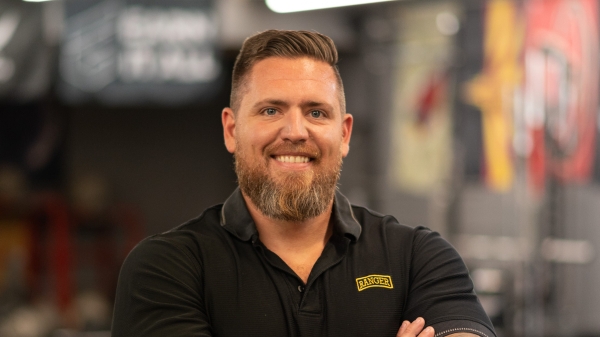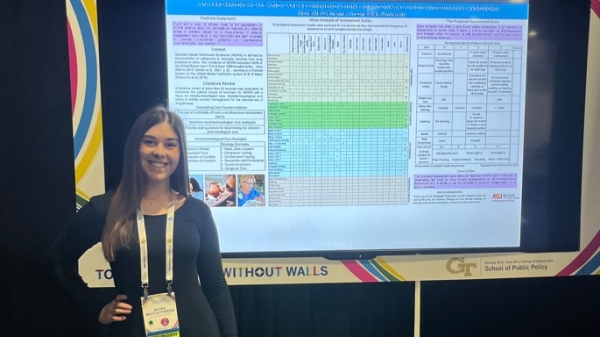More work from home, less dining out: Nationwide survey reveals changes to habits and travel in the US

As normalcy begins to come back into our lives, what habits that we adopted during the pandemic are we most likely to continue? In a new article released today in the Proceedings of the National Academy of Sciences, researchers from Arizona State University highlight their findings from a nationwide survey documenting potential behavioral changes Americans see themselves making.
Most notably, many Americans see themselves continuing to have telecommute, or work from home, options. In our pre-pandemic world, only 13% of survey respondents participated in telecommute work. But as this method of work became more normalized, 26% of respondents noted that they will be likely to continue telecommuting at least a few days every week.
“This is a large shift, and it comes with a number of cascading effects, including changes to rush-hour traffic patterns, changing demand for downtown services and changes in where people want to live and what they are looking for in a home and a neighborhood,” said Deborah Salon, associate professor in the School of Geographical Sciences and Urban Planning at ASU and lead author of the article.
The article does note that these changes in work habits are not equitable and are more likely to be among sections of the population who have bachelor’s degrees or live in households earning $100,000 or more annually.
This shift in work may also have negative impacts on demand for office rental spaces, parking lot usage and service industries that depend on commuters, such as those in business complexes.
The survey also highlights that people will be less likely to dine out in restaurants as frequently, as much as a 20% decrease when compared with pre-pandemic habits, and people see themselves traveling via air less, especially for business.
Other habits that are likely to continue include increased online shopping, especially for groceries, as well as more people expecting to continue habits of increasing their time walking and biking. With over 20% of respondents indicating that they plan to continue walking and biking, the article authors suggest cities make permanent changes to infrastructure to help accommodate these shifts in behavior.
“Knowing that big shifts are likely can help us plan better for them,” said Salon.
The nationwide survey, known as the COVID Future Survey, was conducted between July and October 2020 and included responses from 7,613 individuals from across the country. The data are weighted to represent the U.S. population along the dimensions of gender, age, educational attainment, Hispanic status, income, vehicle ownership and presence of children. This research was supported in part by three National Science Foundation grants, the U.S. Department of Transportation, the Knowledge Exchange for Resilience at ASU and a CONVERGE COVID Working Group.
The principal investigators of the COVID Future Survey research group also includes Ram Pendyala, director and professor in ASU’s School of Sustainable Engineering and the Built Environment; as well as Sybil Derrible, associate professor, and Kouros Mohammadian, professor, with the University of Illinois Chicago.
Top photo courtesy of depositphotos.com
More Health and medicine

Fitness helped combat vet, ASU alum readjust to civilian life
By Aidan Hansen Army combat veteran and Arizona State University College of Health Solutions alumni Rich Mulder found fitness helped him transition back to civilian life. Now he supports his fellow…

Nursing student wins top award for research on neonatal opioid withdrawal
An experience Moira MacCatherine had as a teenager volunteering in a Level III neonatal intensive care unit impacted her in such a way that it would later inspire her research as a nursing major at…

College of Health Solutions course to explore science behind longevity, well-being
Arizona State University’s College of Health Solutions has responded to the surge in interest in blue zones — those rare communities where some of the oldest people on Earth reside — with a new, self…